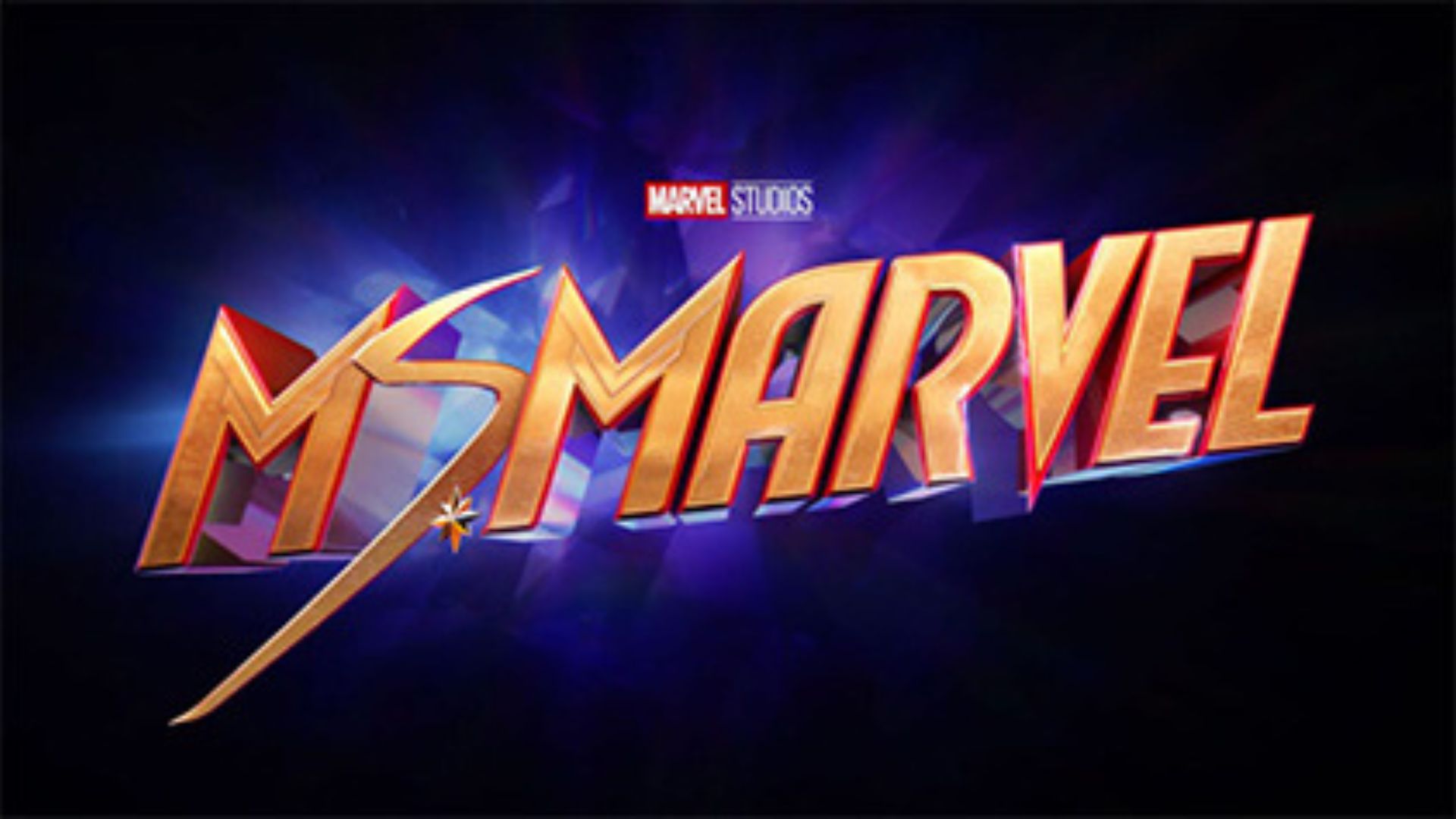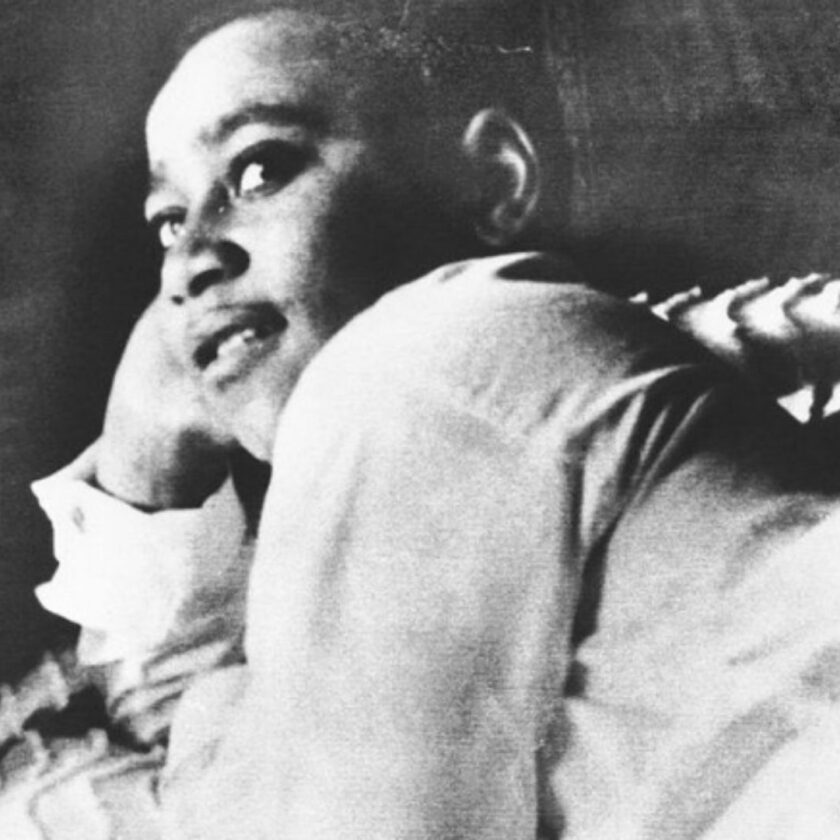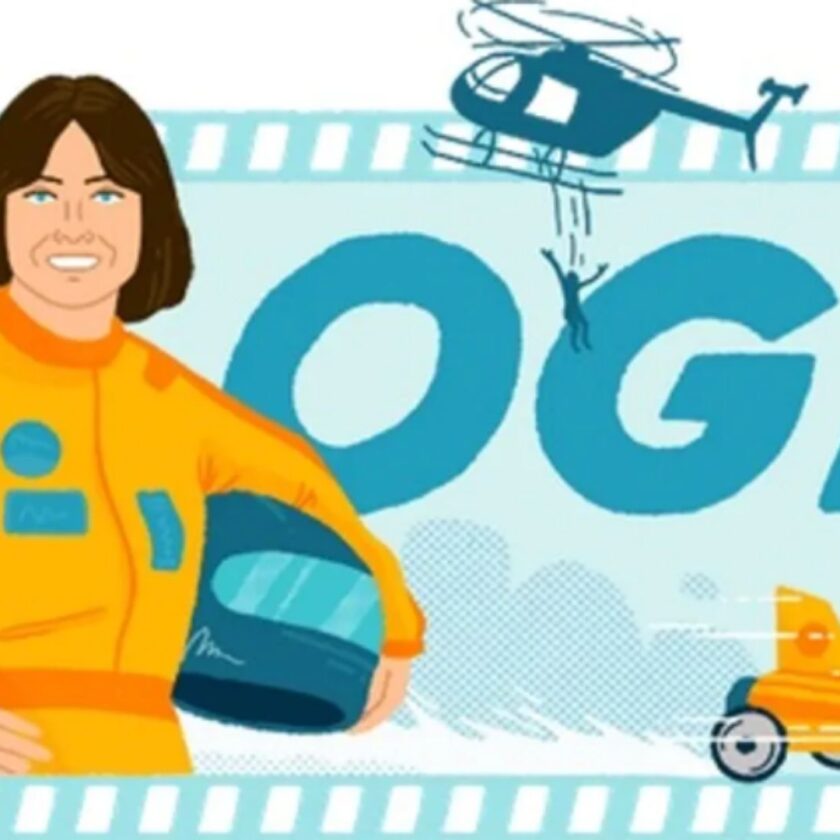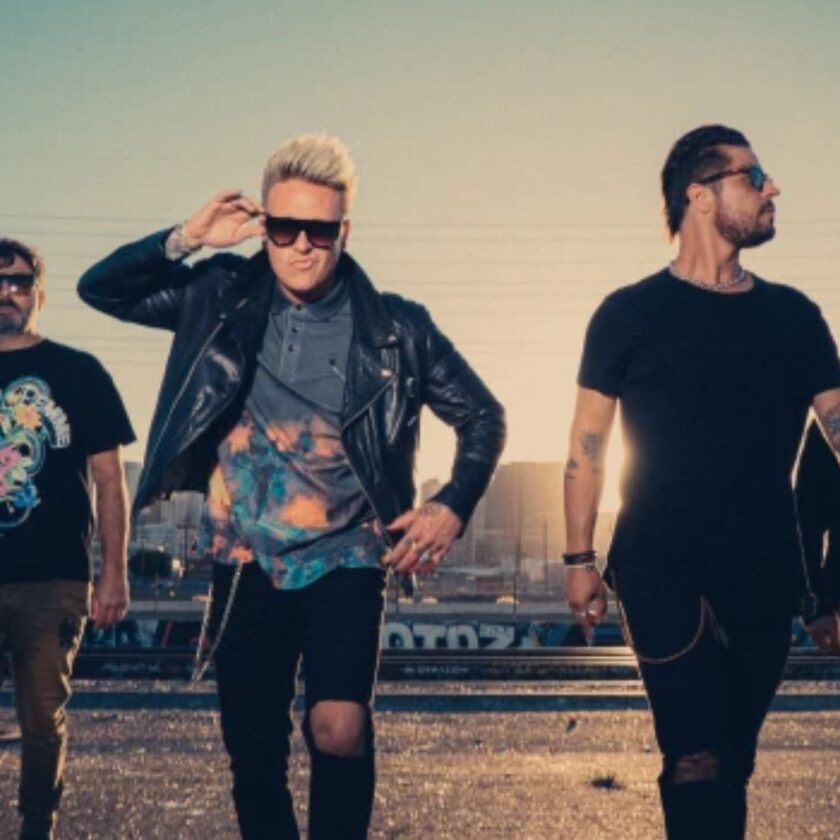Marvel comes to our screens using Disney+ today with grand fan assumptions, following other widely praised Marvel shows like Wandavision and Loki. The web-based whiz around the series and shining surveys from pundits in front of its delivery highlight Disney has one more hit on its hands. Nonetheless, an accomplishment for this legend wasn’t ensured all of the time.
In 2013, when Marvel declared that they were reconsidering the comic book character of Ms Marvel – initially a blonde superpowered military legend – as a Muslim Pakistani-US young person called Kamala Khan, it was viewed as a disputable and hazardous recommendation. Comic books, generally, have been male-ruled and white-driven – something Kamala was the direct opposite of. Different endeavours to enhance characters, for example, making a biracial Spiderman, had drawn in reaction from a few extremely vocal quarters of the being a fan. In 2017, Marvel’s VP of deals expressed that criticism from retailers demonstrated that the push for variety was estranging perusers. “We heard that individuals needed no greater variety,” he said. “They didn’t need female characters out there. That is the thing we heard, regardless of whether we trust that.”
However, the exhibition of the Ms Marvel comic books showed in any case. “Ms Marvel very quickly turned into a hit comic and probably the greatest merchant on the web,” says Dr Mel Gibson, an academic administrator at Northumbria University and a comics researcher. “It jumped in deals to what could be viewed as contemporary comic book perusers – like females, Muslims, or Pakistani Americans. Who understands comics and how they read them was evolving. It helped attract new people and expand the fan base.”
By mid-2018, even without a surprisingly realistic TV show or film, Ms Marvel had sold the greater part of 1,000,000 collections. Kamala Khan’s appearance in the Marvel Cinematic Universe isn’t simply some PR workout: the character’s ubiquity requested it. “An immense explanation Ms Marvel has struck the harmony it has is because it manages the job of conservative confidence with regards to civil rights, and there was – clearly – an undiscovered crowd of individuals from a wide assortment of confidence foundations who were energetic for a story like this,” composed G Willow Wilson, the essayist. He aided make Kamala Khan in 2017.
Kamala’s confidence unquestionably separates her from most of her comic book partners by far. The portrayal of Muslim characters in comic books has frequently been risky, yet there was a particularly precarious way to step into a post-9/11 world. It demonstrates the group behind Ms Marvel and how deftly they explored it. Wilson wound together storylines and cooperations in a smart and nuanced way that kept characters from transforming into generalisations. Her experience with the religion is justifiable – she is Muslim, all things considered – however, a portion of the particular subtleties that went into her composing made me frequently keep thinking about whether she was covertly Pakistani.
“I simply thought it was so fascinating because I can perceive how different Kamala was from different exemplifications of Muslim or Arab characters in past comics – outstandingly different characters like Dust who were exoticised and where there is an entire component of orientalism going on,” says Dr Gibson.
As per Sue Obeidi, overseer of the Hollywood Bureau for the US Muslim Public Affairs Council (MPAC), the significance of Ms Marvel being a serious area of strength for a female Muslim character couldn’t possibly be more significant. “Islam has no lack of brave Muslim ladies in its set of experiences. The point when you take a gander at Aisha [bint Abu Bakr] or Khadija [bint Khuwaylid] – they were one of Islam’s most memorable legends. They were strong, bold and free ladies with their organisation. Assuming this character exemplifies a portion of the extraordinary traits that numerous Muslim ladies are prestigious for, you can’t turn out badly because that implies that the character will likewise address the confidence well.”
Youngster shows
While the comics never avoid her religion or culture, these perspectives don’t characterise Kamala’s entire personality. She is your ordinary, customary young person – who is Muslim, Pakistani American, and a superhero. She manages school menaces and unseemly smashes. She has her expectations, dreams, and interests; her difficulties, weaknesses, and obstructions to survival are things a considerable lot of us can relate to.
“Very much like Kamala, I loved Carol Danvers [aka the first Ms Marvel],” says Dr Gibson. “At the point when I heard the comic books were emerging, I needed to see what they’d done. I’d been a youthful teen when Carol Danvers originally showed up as Ms Marvel, so I knew how she affected me. When I figured out Kamala was a fan, I believed we were in a similar world. That empowered me to get to the appeal of the character very quickly. At the point when we initially meet her, she is composing fan fiction. She makes statements that her mother is like: ‘What are you, in any event, referring to?’ It was geekdom. I thought it was perfect. What’s more, that attracted me to purchase the comic books.” “To have a Muslim character that isn’t continuously conveying the heaviness of the world of politics is so reviving,” says Obeidi. “A tomfoolery, positive and experience looking for the character are what Muslims need to see thus broad crowds.”
The Pakistani legacy of Kamala Khan is likewise a significant aspect. South Asian portrayal in the West has frequently been overwhelmed by India. Keeping in mind many shared customs and attributes, Pakistan likewise has its own unmistakable culture. There was a commotion when bits of gossip proliferated that Bollywood entertainer and previous Miss World Priyanka Chopra, who is Indian, was viewed as an early leader to land the job. Many felt that a Pakistani entertainer should play a rare example of noticeable Pakistani characters.
Essentially, when the primary clasp from the show was delivered, showing Kamala’s father shouting “Chak de phase” – a Punjabi rallying call – while cosplaying as the Hulk, it got a very bad response from an enormous fragment of Pakistani web-based entertainment clients who griped that it was language more considered normal in India than Pakistan. The inflexions of the entertainers were likewise reprimanded as being Indian rather than Pakistani. To place the hatred into the setting, it would be much like protests about British entertainers, depicting American characters, talking in British articulations and utilising an articulation, for example, “Blimey!”. By and by, nonetheless, I didn’t find the accents deplorably not quite the same as numerous uncles and aunts I realise that moved to America from Karachi.
Fortunately, Disney hit gold with the projection of Pakistani-Canadian entertainer Iman Vellani as Ms Marvel. She seems to epitomise every one of the components that made Kamala Khan such an adorable character in comic books. She is a cute heap of charm each time she is on the screen. Like Robert Downey Jr as Iron Man or Emma Watson as Hermione Grainger, it’s not exaggerated to say she seems to like this job was tailor-made for her.
While the series includes a portion of the platitudes of stories about growing up, the Pakistani-US foundation of the principal character helps put it aside. However, that accompanies its difficulties. The show seems to walk a tight rope between articulated portrayal and generalising and doesn’t necessarily, in every case, get the equilibrium right. How much time the word haram becomes quibbled about turns out to be practically comical, almost becoming satire. While investigating significant topics, for example, finding one’s voice and character at the gamble of conflicting with familial assumptions, the show approaches them in a ponderous way – without the deft bit of the comics.
Yet, the show likewise caused me to connect with it in a manner I have with not many series, which has a great deal to do with the characters. Ms Marvel feels like a festival of diaspora networks. Like Kamala, I grew up riding various societies, frequently in conflict with each other and with my folks’ vision of who I ought to be. I knew a Bruno, the white companion who cheerfully submerged himself in Islamic culture due to his group of friends. In contrast, different characters who felt intimately acquainted with me incorporate Nakia, the hijab-wearing young lady you know will impact the world, even as, despite her good faith, individuals question why a solid canny lady like her would decide to cover her hair. Also, Kamran, the kid in school who was easily cool but annoyingly affable regardless of that. Never, as well, would I have felt that the scourge of numerous mosque participants – the shoe criminal – would be referenced in the Marvel Cinematic Universe.
There’s a ton about the show that stands apart decidedly. It is stylishly energetic and consistently integrates comic book-enlivened movements with surprisingly realistic. The fundamental gathering of entertainers depicts Kamala’s school companions having incredible science together. The series likewise has an incredible soundtrack. It was similarly strange to hear the 1966 Pakistani pop exemplary Ko Korina playing on a Marvel show as it was the contemporary hit, Peechay Hutt.
There was trepidation among fanatics of the comic books about the progressions the show would make to Kamala’s powers and origin story. In the comics, Kamala enacts her polymorphic capacities, permitting her to change her size and shape after being presented with a haze of Terrigen Mist. In the series, she seems to enact the ability to build objects utilising energy through a supernatural wristband (like Green Lantern). As per Marvel Studios President Kevin Feige, these progressions were vital for a smooth change in the MCU. Whether fans warm to it is not yet clear, yet I am hopeful they will.
The series gets an opportunity to carry on the tradition of the comics on a greater stage than at any other time – not just appearance Muslim youngsters a superhero who shares their experience and strict conviction being a superhero, however ins.




